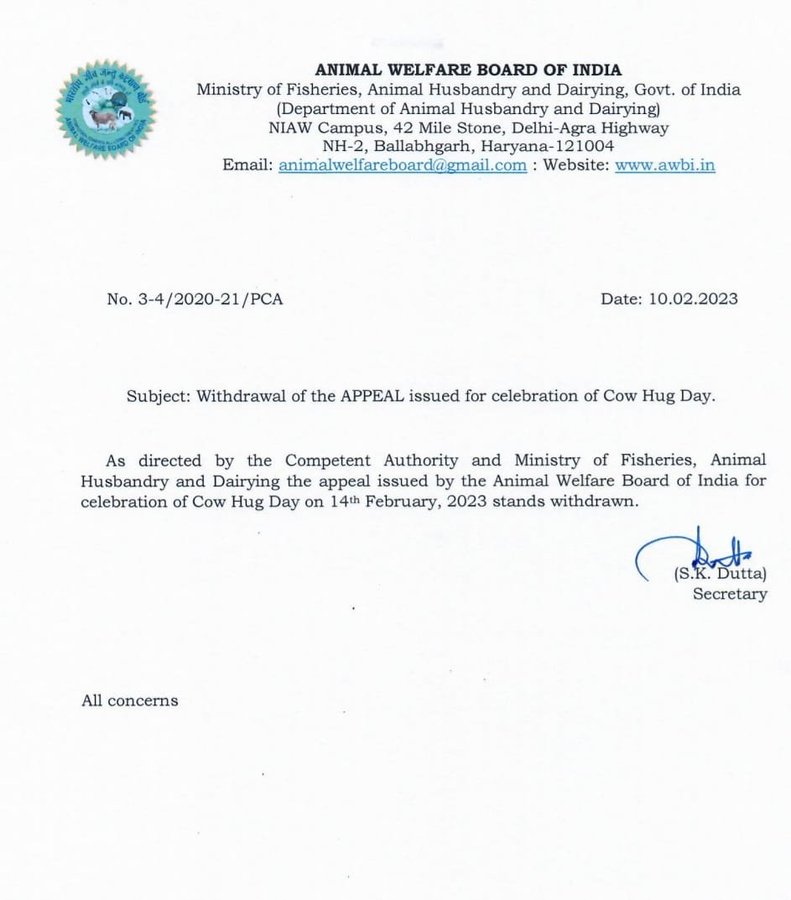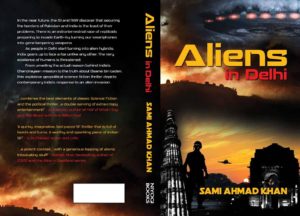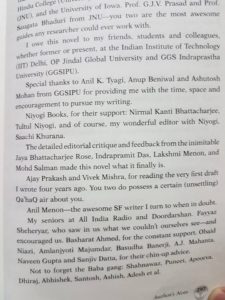
( here is the original url to the story http://www.thehindu.com/books/books-authors/people-need-stories/article4985459.ece )
Shovon Chowdhury talks about identifying the enemy, special places to write in, and his new book that took 11 years to complete.
Shovon Chowdhury is a Delhi-based humorist, well known for his blog, India Update, and the Facebook project, ‘The Trilokpuri Incident’. His work as co-author of the Very Rich Whitebook for the National Council of Applied Economic Research left him deeply prejudiced against the very rich.
His grandfather ran away from Dhaka to escape Japanese bombing in 1945, not realising that the war was about to end, and arrived in Calcutta just in time for the Great Calcutta Killings of 1946. These shared family experiences have left him deeply averse to sudden movement, which is why he has lived in Delhi for the last 20 years. In his spare time, he does advertising work for clients who cannot, he says, find anyone cheaper.
His first novel The Competent Authority (to be released shortly) took him 11 years to complete, because he can type with only one finger. He has also created a fake newspaper (http://nndt.wordpress.com) as a companion to the book. Excerpts from an interview:
Why write fiction?
People need stories. And sometimes facts are communicated better through fiction. Some things are so horrible that you don’t want to look at them or think about them, so they become invisible. Fiction makes you look, may be even think. And if it’s funny, then it’s not such a hardship. Mark Twain figured that one out years ago. I know people keep saying the novel is dying, and I’m sorry if I drove another nail in, but can you imagine a world without stories?
How did The Competent Authority come about?
I started soon after the Gujarat massacre. It set me thinking about the value of human life in India. One thing I’ve learnt from all this is: if you want to write a novel about the near future, it’s a good idea to write faster.
I also noticed that most government documents seem to contain phrases like, ‘by order of the Competent Authority’. I started wondering: supposing he’s a real person? I spent many years watching and reading the news, and studying the actions of the government to get to know him better.
I also discovered that most of the news in India is completely satire-proof; what with all the nephews and the genuflection and elderly youth leaders, not to mention Arindam Chaudhuri’s wardrobe. I tried to work out what kind of country we might to be, around 20 years from now, under the CA’s able guidance. I just extrapolated from today. It’s all completely logical. I hope he’s not reading this.
Does being an advertising professional help?
Yes because you develop a sense of what works and what doesn’t. It’s not foolproof, but it helps. It also cures you of delusions about the immortality of your prose; round about the third time the client’s maternal nephew changes your headline, pausing only to spit a mouthful of paan into a nearby plastic bucket.
Who are the writers that have influenced you?
Philip K. Dick, Bertolt Brecht, Sukumar Roy, Mark Twain, Manoj Mitra, Anthony Burgess.
What are the genres that have impressed you?
History, SF, Theatre, anything funny.
There are instances in the novel that rely considerably on the reader’s knowledge. Do you think it can be translated into other Indian languages?
I wasn’t thinking of foreigners when I wrote it, though I’d be thrilled if they read it. I was thinking of our friends, and our kids. It was for them. I didn’t want to slow down the story to explain things everyone knows, like ‘before Mulayam Singh Yadav, there was also one other gentleman who was known as Netaji’. Besides, a little bit of research never hurt anyone. Readers are much too lazy these days. Some work will be good for them.
Regarding other Indian languages, definitely. There’s very little wordplay, and much of the dialogue is actually in Hindi and Bengali. I’m very keen to have language versions, and willing to help. Those people who cared enough to spare the time to go to India Gate, or Ram Lila Maidan — I’d love for all of them to read it in whatever language they prefer. I like to think it would encourage them, maybe raise a laugh or two. We all like to fantasise. This might cheer them up. It’s nice to imagine a world where people commonly tell a bullshit artist ‘You’re full of sibal.’ As a common noun, of course. Nothing improper here.
What is the Trilokpuri Research Project about?
It’s a mass murder mystery. Facebook seemed the ideal medium for it, because it keeps reminding you. 1984 is something we need to be reminded about. Because if we forget about the victims, then they’ve won, haven’t they? Can’t let that happen.
Which is your favourite place to write?
I did this one on the run; in clients’ receptions, and the back of the car. Sometimes I pretended to be doing campaigns. I don’t much believe in special nooks and crannies. You have to switch it on when it’s needed. Some cheerful music helps, though.
What is the responsibility of the writer?
Several. To give his readers their money’s worth. To ensure his publisher doesn’t get arrested. To raise a smile. To provoke some thought. To entertain and inform, and help us identify who the enemy is, so we can all go together and sock him in the face.







